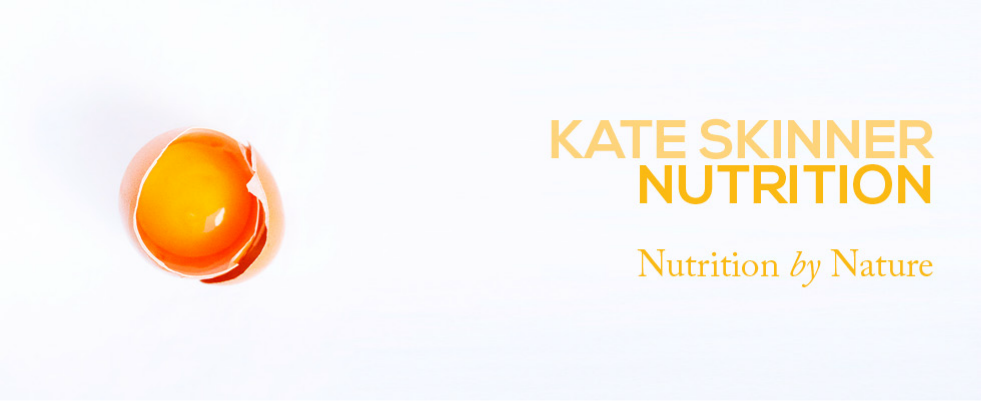This Cantonese classic is traditionally served to women post-childbirth, and is shared with friends and visitors in celebration of the arrival of a baby. As per Traditional Chinese Medicine philosophies, the dish is heralded for its ‘blood-building’, ‘re-building’ and ‘warming’ properties. According to our understanding of modern nutrition, I’d say that it’s incredibly nourishing for a number of reasons, as a rich source of:
The French have consommé and glace de viande, the Vietnamese have pho, the Japanese have ramen, and so on – nearly every culture has traditionally included broths and stocks made from animals bones in their diets. Whilst gummy bears and jello don’t exactly conjure a picture of good health, gelatin of the non-lolly variety can be a wonderful addition to your diet, with lots of health benefits including: Recently, there was a New York Times contest that asked people to submit a brief essay as to why it is ethical to eat meat, in response to the assumption that opting to forgo animal products is sacrifice made with an environmental objective. You may have heard the latest. Yesterday it was reported that a new studyshows a positive correlation between eating red meat and dying an early death. Gasp!! There’s a certain dietary arrogance about the way we eat today. We turn up our noses at the traditional cultures and customs long associated with food, in favour of fast-paced, easy-come nutrition, personal vanity, cutting-edge advertising, extreme dieting dictums and modern convenience. Yet the dramatic and steady incline in the prevalence of contemporary lifestyle diseases (heart disease, obesity, stroke, diabetes, metabolic syndrome, many forms of cancer, various mental imbalances etc) would suggest that we’re more disillusioned about what and how to eat than ever before. |

